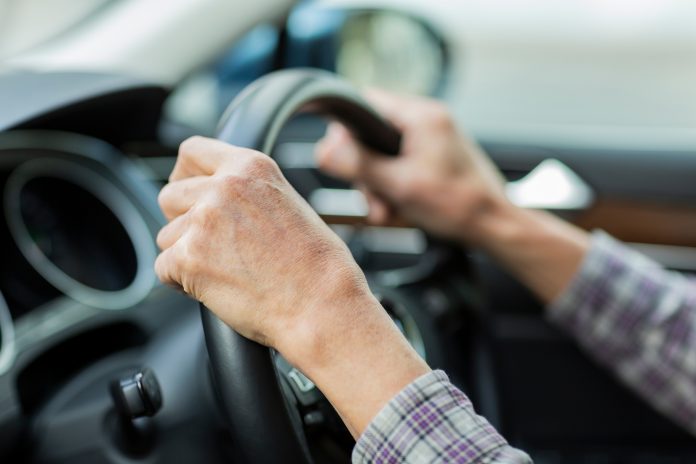When you reach a certain age, most people anticipate their driving privileges being revoked. But the expectation doesn’t exactly make the reality any easier. You see, with driving comes freedom. And taking away someone’s car keys is a lot like taking away their independence. But, in truth, there are reasons why older drivers may not be as good at driving as they once were. And for these reasons, they may eventually need to turn in their driver’s license.
If you’re wondering what those reasons are, don’t worry. This post has you covered. We’re going to explore exactly why older drivers should be cautious when hitting the road.
1. Impaired vision
As we age, most of us lose some of the vision we once had. Not only will your vision decrease overall, including near and far sight, but you’ll also find it more difficult to drive at night. Eye problems, such as glaucoma or cataracts, can cause vision problems that will interfere with a senior’s ability to drive. But aging, in general, can also be a problem as seniors tend to have more issues with night driving than younger drivers.
If you’re 65 or older, you should see your eye doctor at least once a year to evaluate your vision and ensure your prescription adequately corrects any issues. If night driving becomes a problem, avoid driving at night.
2. Trouble hearing
With aging also comes difficulty hearing for many people. And if you can’t hear well, you may have trouble getting out of the way for sirens or hearing a horn honking. These things can put the driver and everyone else on the road in danger.
By the age of 50, you should be getting your hearing checked at least every three years. And whenever you drive, be sure to keep the radio tuned to a low enough volume, so it doesn’t interfere with your ability to hear road noise.
3. Slower reaction times
There are a few things that could contribute to slower reaction times as we age. One of them is actual slower reflexes that could get in the way of you reacting to dangerous road conditions. When your reflexes have slowed, you may not be able to slam on the brakes or turn the wheel fast enough to be able to avoid an accident.
Another thing that could impair your reaction time is a shorter attention span. As you’re driving, you may be more likely to get distracted, which can spell disaster when it’s combined with slower reflexes. Looking at California car accident statistics, we can see that distracted driving is a major cause of accidents.
If you’re concerned about slower reaction times yet still think you’re a safe driver, take a few extra precautions like driving in the slow lane and braking early when you need to come to a complete stop.
When we age, there are quite a few things we need to monitor. Our driving abilities are just one of those things. And if you want to remain safe, it’s important to honestly and continually evaluate your own driving skill.
























